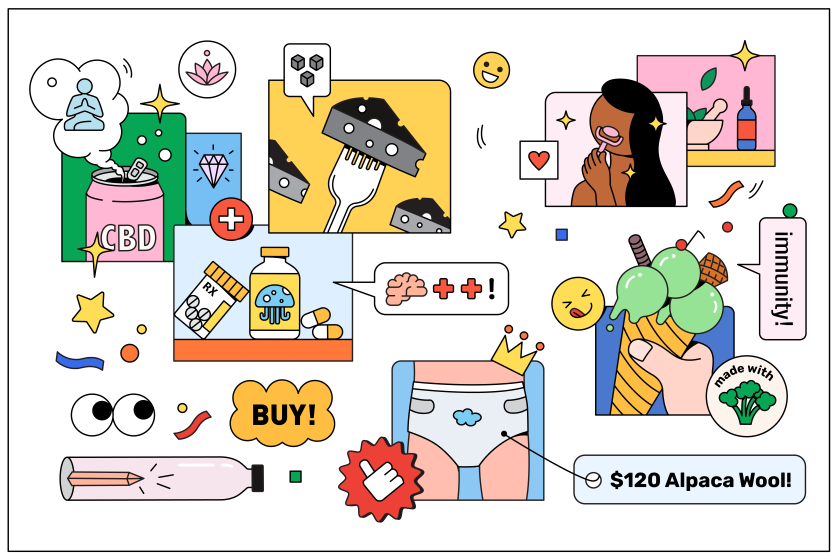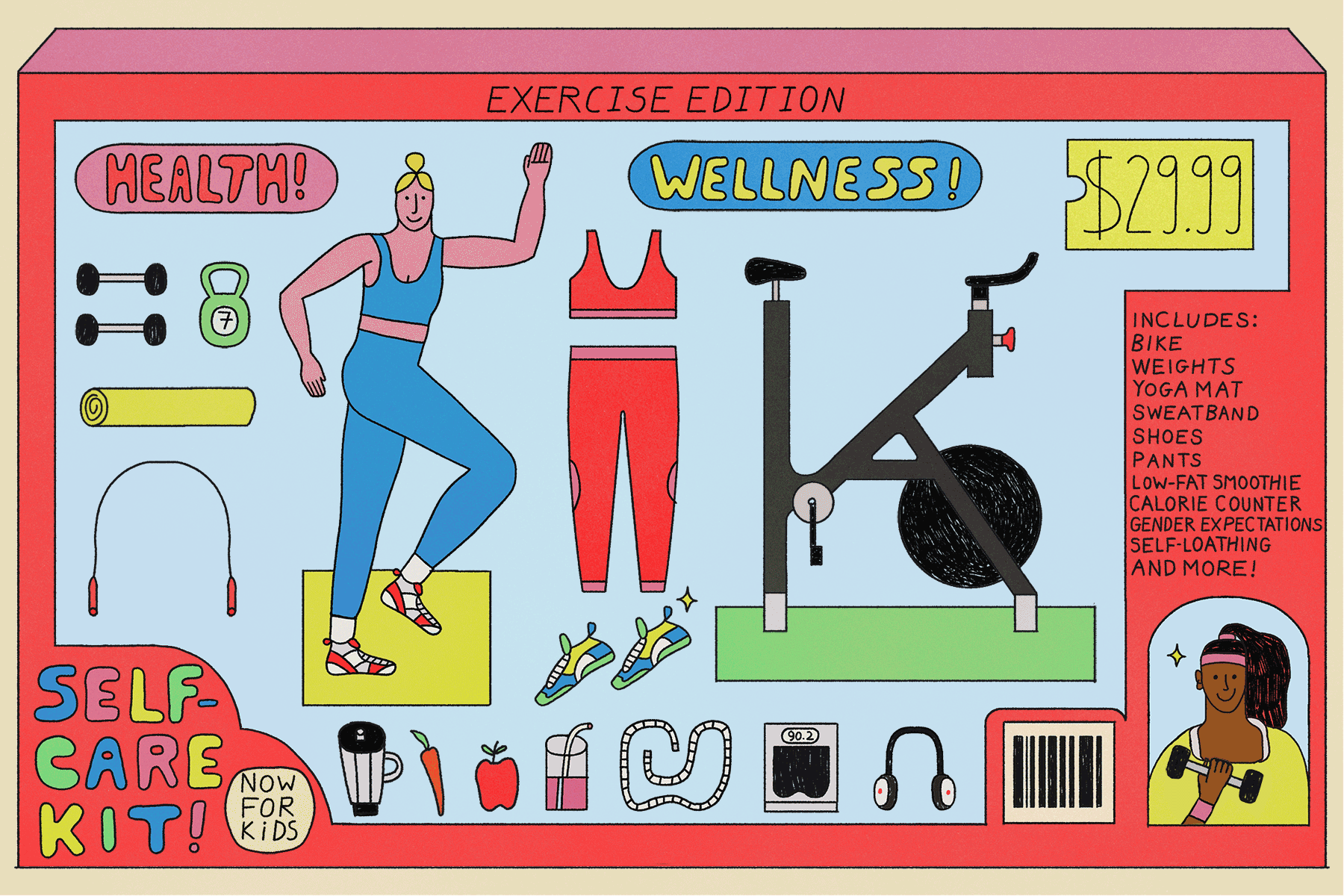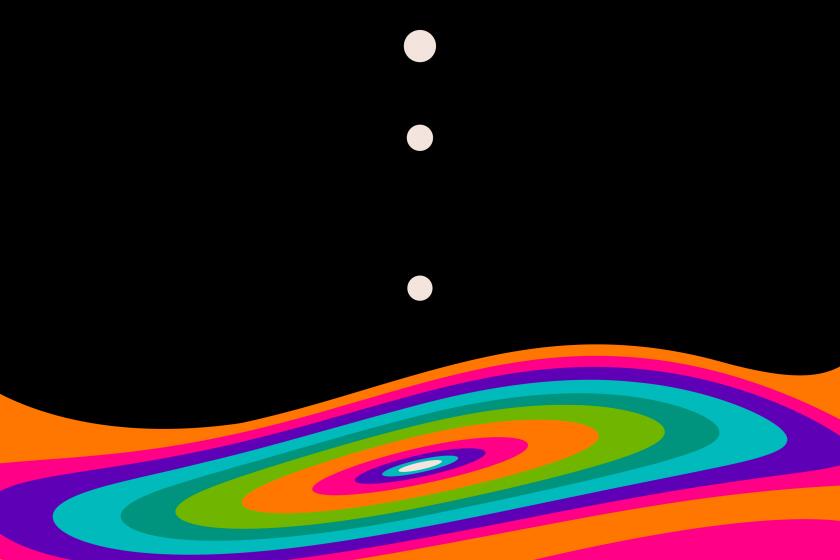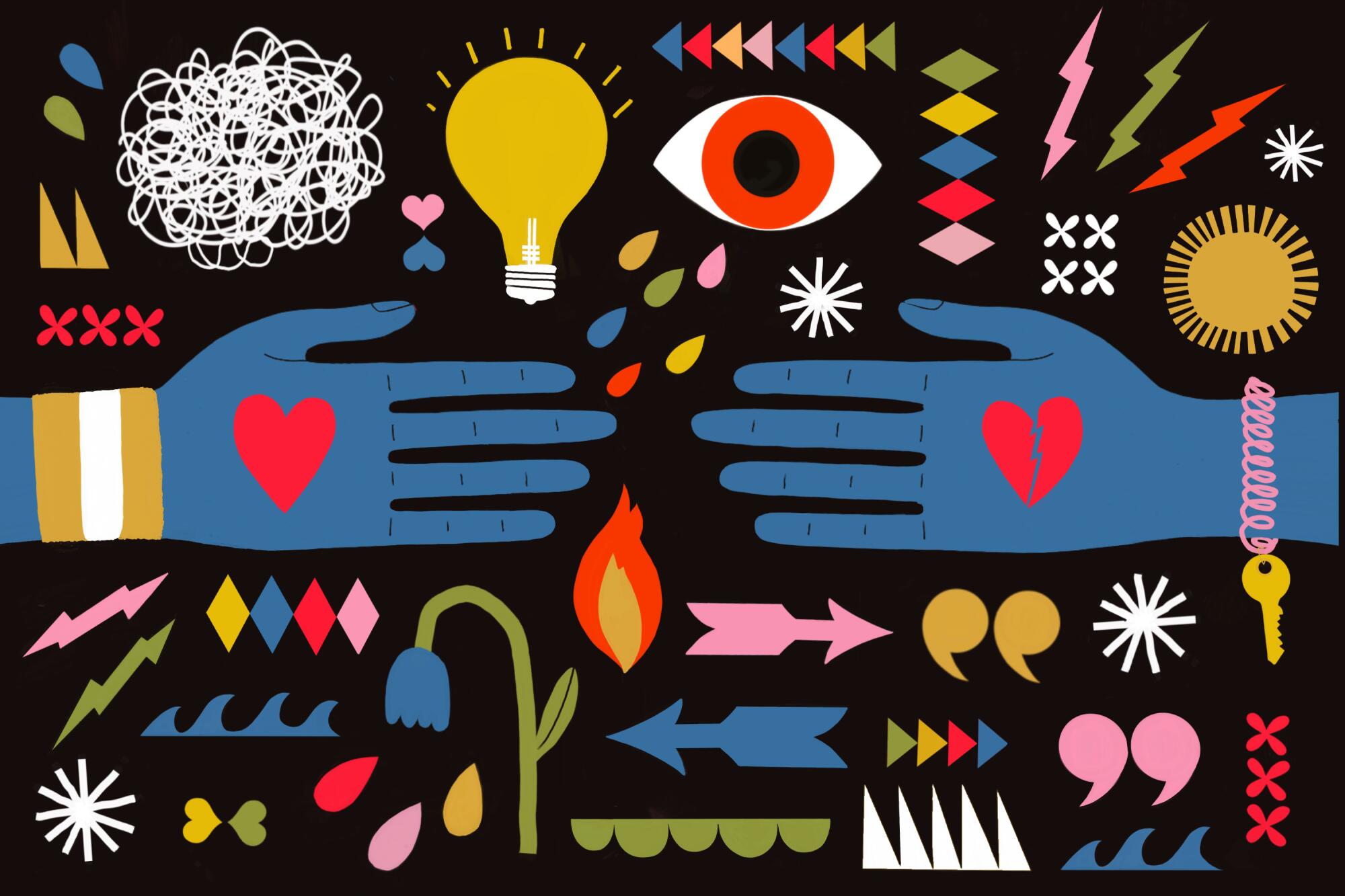
Does the average American need a support group? Social wellness initiatives are catching on in Silicon Valley, the workplace and unexpected sectors — for a price.
- Share via
Peppy pop music kicks off the virtual meeting, for which rows of attendees are arranged like “The Brady Bunch.” “I love to see all these beautiful, smiley faces!” exclaims our guide, shouting out the names of participants. Everyone looks eager to do what they came here to do: Share their feelings with strangers.
Nearly 20 people have joined this guided group conversation, a “gather” run by a new startup called Peoplehood. Over the next hour, our guide — her vibe is part yoga instructor, part sleepaway camp director — prompts attendees to get, well, personal.
The “gather” starts as one big group. Members engage in some breathwork exercises, listen to a little John Mayer music and share one thing that “feels true to them.” (One member felt it was true that his hangovers get worse as he ages.) Then everyone is paired off into randomly determined, brief one-on-one sessions with assigned prompts.
Peoplehood keeps gathers” casual and upbeat, which sets the tone for the topics discussed: indecisiveness when scanning a menu, DoorDash reliance guilt, excitement for a future concert.
Every so often, however, a member gets more emotional. One expresses the difficulties of watching a parent battle cancer. Another mentions wrestling with caring for a family member who is seemingly unhoused — a confession that feels jarringly intimate. But more often than not, the mood is kept light and conversational.
“This is peer-to-peer support,” says Peoplehood co-founder Julie Rice. “It is not therapy.”
Rice and her co-founder, Elizabeth Cutler, are no strangers to group gatherings: The longtime collaborators founded SoulCycle, which they sold to Equinox in 2011. Now, they’re applying their expertise in community-building to “social wellness.” Peoplehood is in beta mode but will launch its digital offering and in-person bricks-and-mortar New York location in late February. An L.A. location is expected down the line. Prices will be released upon launch.
Rice describes Peoplehood as “a connection product,” noting, “People don’t have the scaffolding and the structure that they need to be able to practice [social health].”
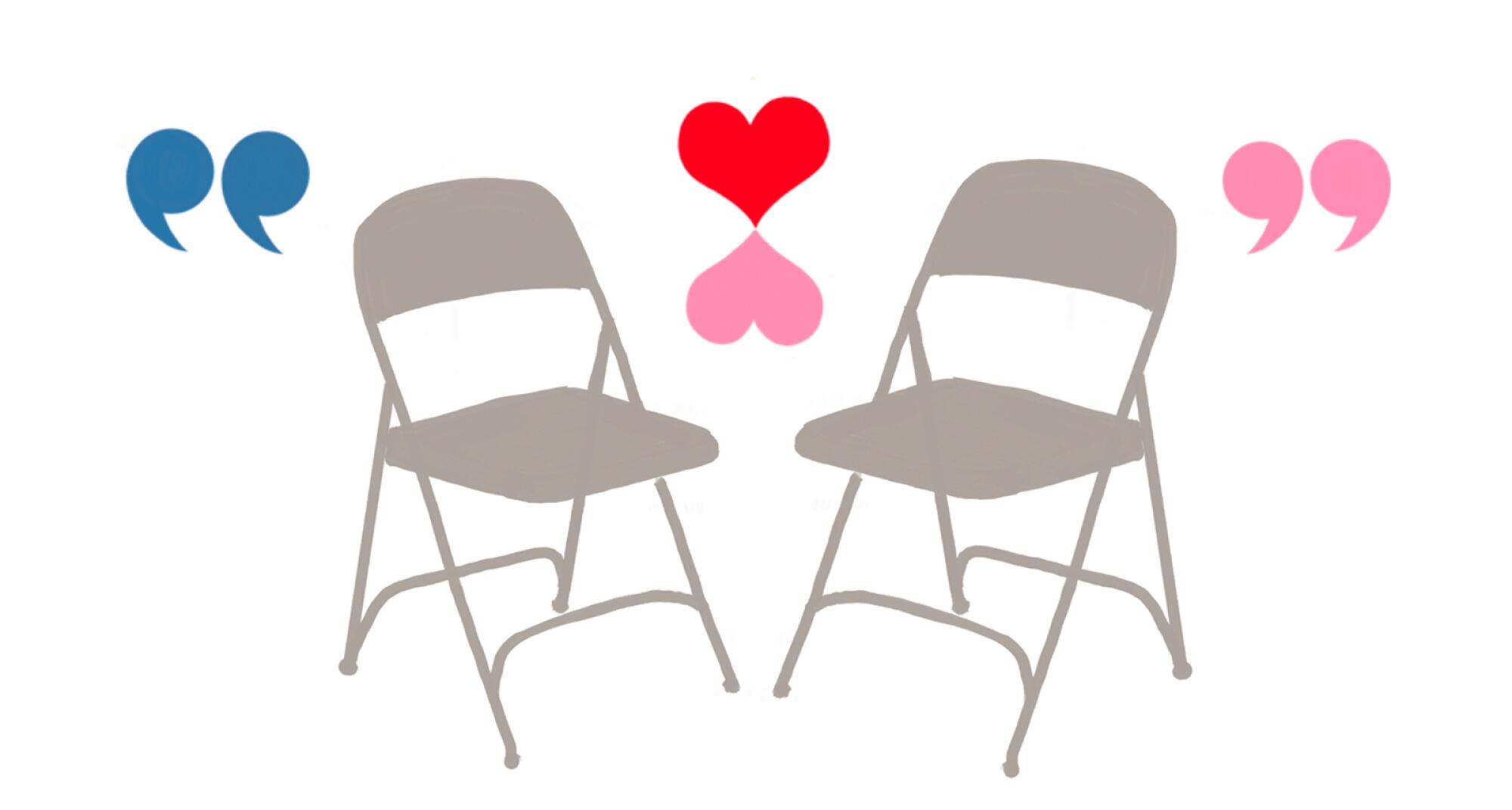
Selling social support
Mental health is finally at the forefront of national conversations, but the focus has generally been on therapy, medication and behavioral change. Communal and social support have long been missing — yet crucial — components. Even the wellness industry has largely ignored social support, instead pushing lonely and pricy “self-care” endeavors.
That’s slowly changing. A new generation of for-profit group gatherings hopes to remedy what’s been dubbed the “loneliness epidemic” — or “the friendship recession” — by serving people’s need for real and meaningful social networks.
CBD butt balm, charcoal cheese and other ridiculous wellness products are losing their luster as Gen Z shoppers exhibit a more critical eye.
Rice and Cutler say they spent three years studying religion, fitness and Alcoholics Anonymous (AA), and speaking with psychologists, spiritual leaders, doctors and professors across a range of disciplines. More than 1,000 people participated in Peoplehood’s beta testing, and 100 Los Angeles-based college students took part in a pilot program. When they hire guides for gathers, they say they look for “empaths” who reportedly are put through a “rigorous training program,” but no further details were provided.
AA is the most recognizable system of secular peer support, with an estimated worldwide membership topping 2 million. But not everyone looking for a shoulder to rely on has an addiction or identifies with a disorder.
“It’s so weird to us that there is nothing that’s really sitting between everyday life and crisis,” says Cutler. “This is a training ground for us to be more socially healthy … a missing support system, for lack of a better term.”
The new normal
Nearly 60% of U.S. adults feel lonely, according to a Morning Consult survey commissioned by Cigna. Women are slightly lonelier than men, and young adults are twice as likely as seniors to be lonely. Almost 80% of Americans between the ages of 18 and 24 report feeling lonely.
The pandemic further exacerbated loneliness. But even before 2020, a web of complex factors contributed to American loneliness, as Robert D. Putnam detailed in his groundbreaking book “Bowling Alone: The Collapse and Revival of American Community” in 2000. “There’s quite a precipitous fall in what we would call social capital in the United States,” says Mike Murphy, a lecturer in applied psychology at University College Cork in Ireland who specializes in psychological well-being and social support.
For some, it isn’t that they don’t have enough friends but rather they aren’t satisfied with the level of social engagement available. Roughly a third of lonely adults report talking to their family or partner about how they feel “quite a bit” or “a lot,” which means that the majority of lonely adults aren’t talking to anyone. The acknowledgment of mutual interdependence — which requires vulnerability — isn’t a well established part of Western society, says Murphy. “So people, especially men, are more and more reluctant to talk about their feelings.”
In response to this phenomenon, several men’s groups have sprouted in recent years, including Evryman, a men’s social-health platform, support group and retreat series.
Evryman co-founder and Chief Executive Lucas Krump wanted to build an outlet for “everyday guys”: men who struggle with intimacy and lack of community but don’t want anything too spiritual or therapeutic. Krump describes Evryman as a “gym” where men can exercise skills to better engage with themselves and others. Already, the organization has more than 100 U.S. chapters.
Evryman members can join virtual groups or in-person peer-led and facilitated gatherings in which leadership changes each week. Popular topics include relationships, work-life balance and fatherhood, but also purpose and meaning. More than anything, Evryman teaches men how to express themselves and develop “emotional literacy and resilience,” stresses Krump.
Wellness — a holistic approach to nutrition, fitness, sleep and more — has spurred toys and programs for kids with often questionable benefits.
“If you ask somebody, ‘How are you feeling,’ they say, ‘OK,’” says Krump. “‘OK’ is not an emotion.”
L.A. resident Ebenezer Bond, who works in marketing, joined Evryman after a difficult breakup at age 40 left him heartbroken and confused. He had one best friend he could talk to, but that was it. “There’s a lack of connection and vulnerability that I found through this,” Bond says.
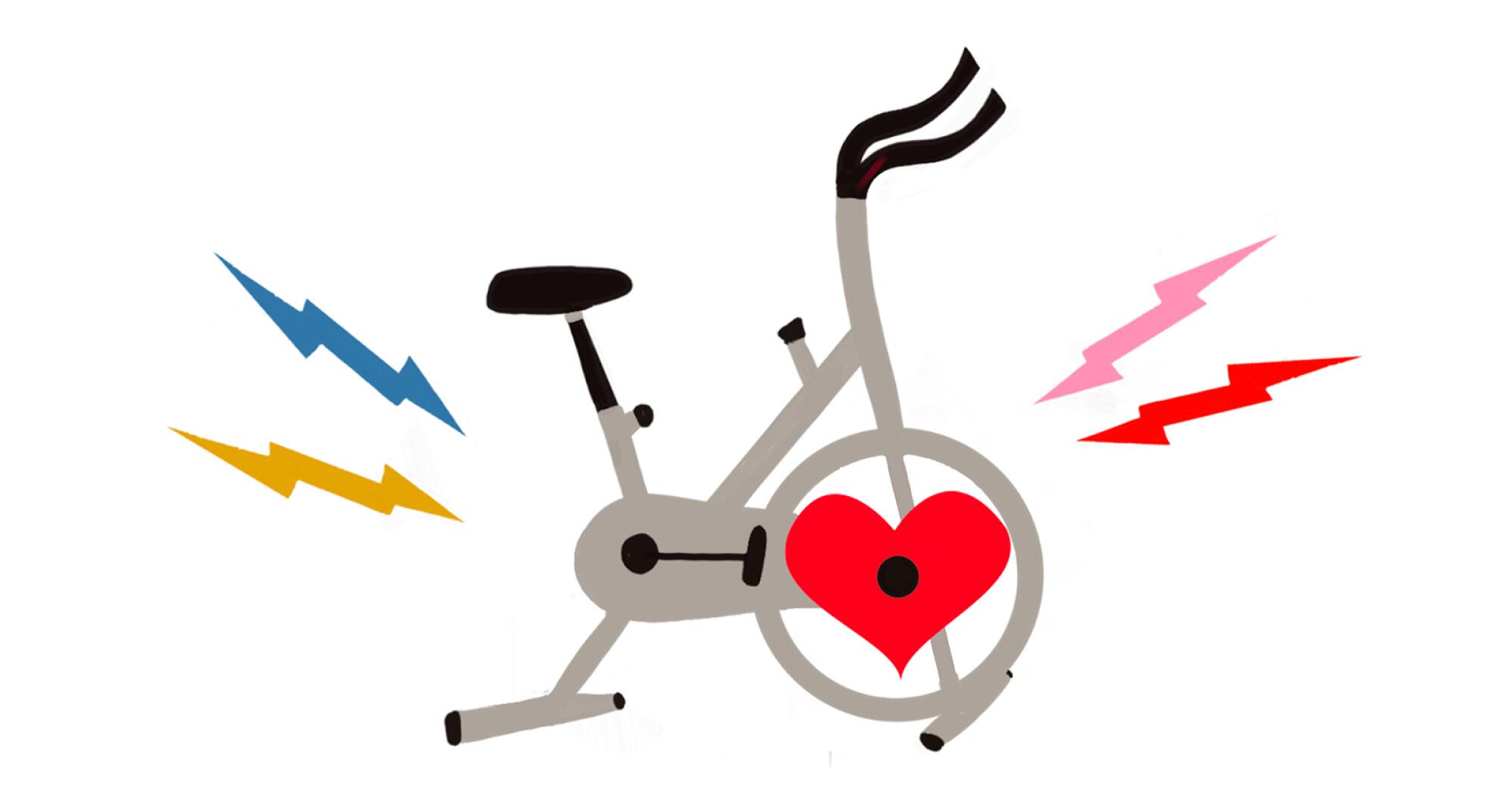
Unexpected adopters
Social support is trending in corporate America too. Spoke Circles is a group support hub that offers not only in-person gatherings at its Brooklyn-based space but ventures out into workplace wellness programs. Spoke meets with tech companies, fashion brands and mom-and-pop shops (like a hair salon) to help employees discuss work-life integration, anxiety and navigating difficult conversations.
Spoke Circles launched during the pandemic. At the time, Spoke Circles co-founder and CEO Lia Avellino, a psychotherapist, was inundated with IRL requests.
Sessions quickly sold out on topics such as identifying what’s good enough in relationships and careers — some within the first few hours. “People were craving people,” says Avellino. “They wanted to have experiences where they weren’t separated from one another on a screen.” (Attendees wore masks.)
Sessions range in cost from $30 to $100, with select sessions weaving in additional activities like art, sound healing, floral arranging and collective screaming.
While virtual meetings serve an important and convenient role, experts note that in-person still reigns supreme. A recent Meetup survey found that people are actively looking to get together, and when they do, they want to meet face-to-face: In January, 71% of all Meetup events were in person. “A fair body of research shows that the mere physical presence of another sympathetic, understanding person makes us feel better,” says University College Cork’s Murphy.
Even niche sectors have jumped on the in-person support bandwagon. Field Trip is one of the largest providers of psychedelic-assisted psychotherapy, with nine locations, including two in California, in Santa Monica and San Diego. In November, it launched a program that pairs psychedelic medicine with virtual and physical group gatherings — called “integration circles” — of up to 10 people for $299 per month. Essentially, it added a community layer to an existing service. Before, Field Trip’s medical and therapeutic guides conducted sessions alone with patients.
Field Trip is staffed by physicians and nurse practitioners who can prescribe ketamine, although external physicians can refer clients. While ketamine treatment is growing in popularity, the scientific community stresses the need for more research into long-term benefits and potential side effects.
Clients include everyone from a woman whose husband was diagnosed with dementia to a recently laid-off tech worker. Some struggle with PTSD or depression, but plenty of others are simply dealing with undiagnosed anxiety, says Field Trip co-founder and Chief Executive Ronan Levy.
Psychedelics reportedly help some people shut down their inhibitory barriers, thereby helping them better connect with strangers. Clients participating in Field Trip’s group gatherings take ketamine while in the integration circles. Alyssa Angela Chow, a UX researcher in Sacramento, sought Field Trip’s new program for depression and anxiety. The integration circles, by her account, turned off intrusive thoughts; she could explore her consciousness without any judgment, in the comfort of those doing the same. “It definitely makes you feel less alone,” Chow says.
For the record:
5:13 p.m. March 3, 2023This article has been updated to adjust Alyssa Angela Chow’s name and her reason for seeking out Field Trip’s new program. It previously incorrectly stated her name was Alyssa Chow and she was using the program to process a family death. She enrolled due to her depression and anxiety.
Jonathan N. Stea, a clinical psychologist and adjunct assistant professor at the University of Calgary, says peer-support groups can help people feel validated and connected to others working through similar challenges, but he remains skeptical of psychedelic-based peer support groups. “Depending on a person’s mental health concerns, artificially increasing their disinhibition in a group setting might not necessarily be a good thing.”
We’re taking a closer look at how ketamine is being used to treat depression, the path the drug took from general anesthetic to taboo rave drug to an off-label psychiatric medication, and the potential pitfalls.
Beyond Field Trip, some experts express skepticism about these new programs, which could be viewed as commodifying human relationships. We’re used to social support being free: AA has no dues, and religious institutions are generally better equipped to help those who have financially fallen on hard times. Book clubs, cooking groups and the like are also free.
By situating themselves outside of health and addiction but still somewhat health-adjacent, companies like Peoplehood can anticipate customer hesitation: People might balk at social support with a price tag. Tying social support to financial ability poses several thorny issues: What happens when a member loses their job? Do they then lose their community?
Evryman offers a “pay-what-you-can” policy for its digital platform. Likewise, Spoke Circles has a sliding fee scale. Avellino notes it’s not uncommon for a youth in foster care to be in the same group as a CEO. That’s one aspect she’s particularly proud of: facilitating connections between different kinds of people who find common ground through shared desires and struggles.
Still, Murphy notes that this sort of social engagement is by nature rather artificial. “This is constructing a version of friendship,” he says.
But if an organic friendship isn’t available, perhaps one of these groups is the next best thing. “It’s an unusual way of doing it,” says Murphy, “and maybe speaks to the fact that the way our society is structured is such that it can be very hard to meet somebody and actually establish a relationship.” These paid programs can be beneficial if they initiate real friendships, and perhaps for some users they will.
More to Read
Sign up for The Wild
We’ll help you find the best places to hike, bike and run, as well as the perfect silent spots for meditation and yoga.
You may occasionally receive promotional content from the Los Angeles Times.

